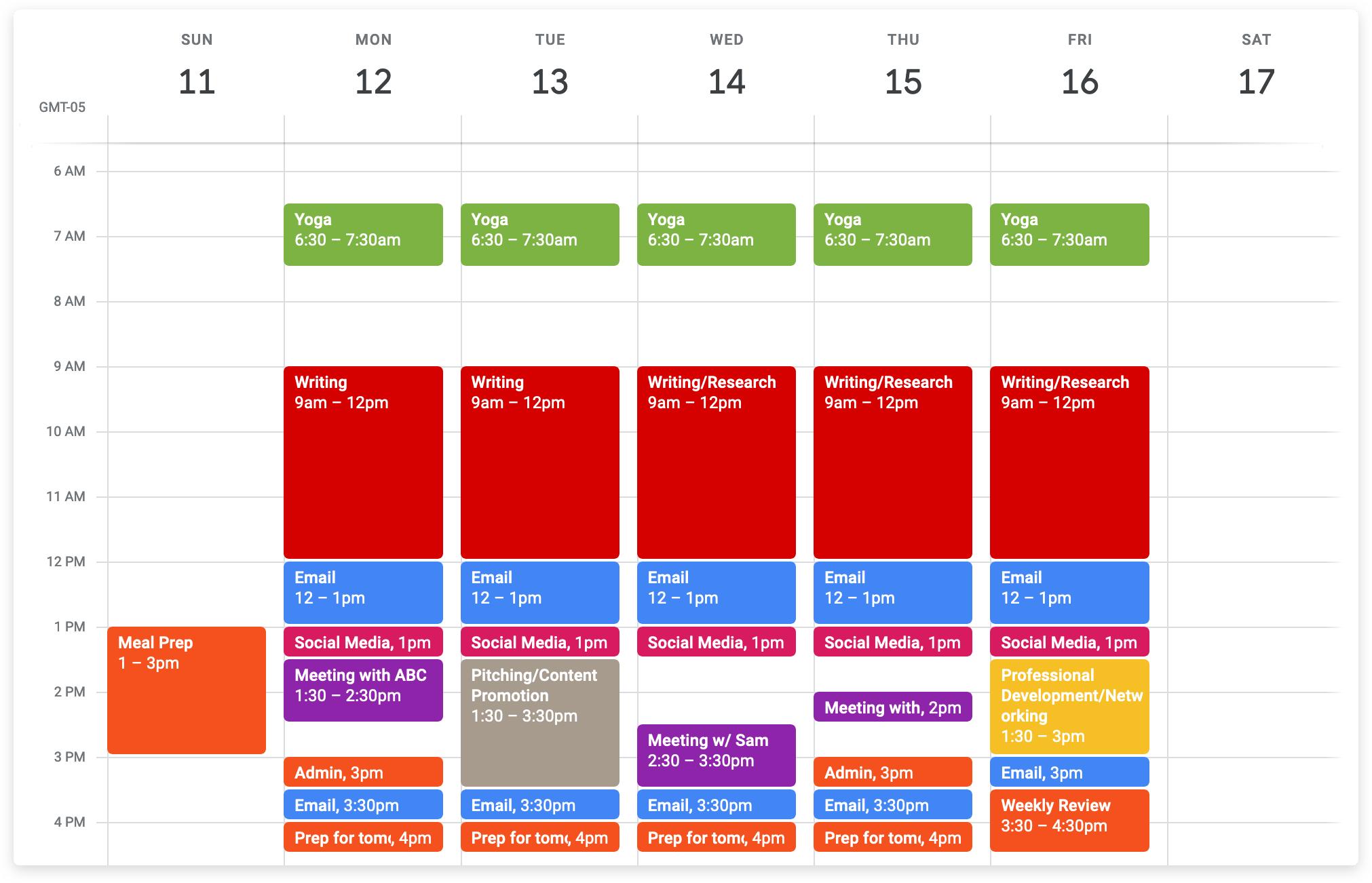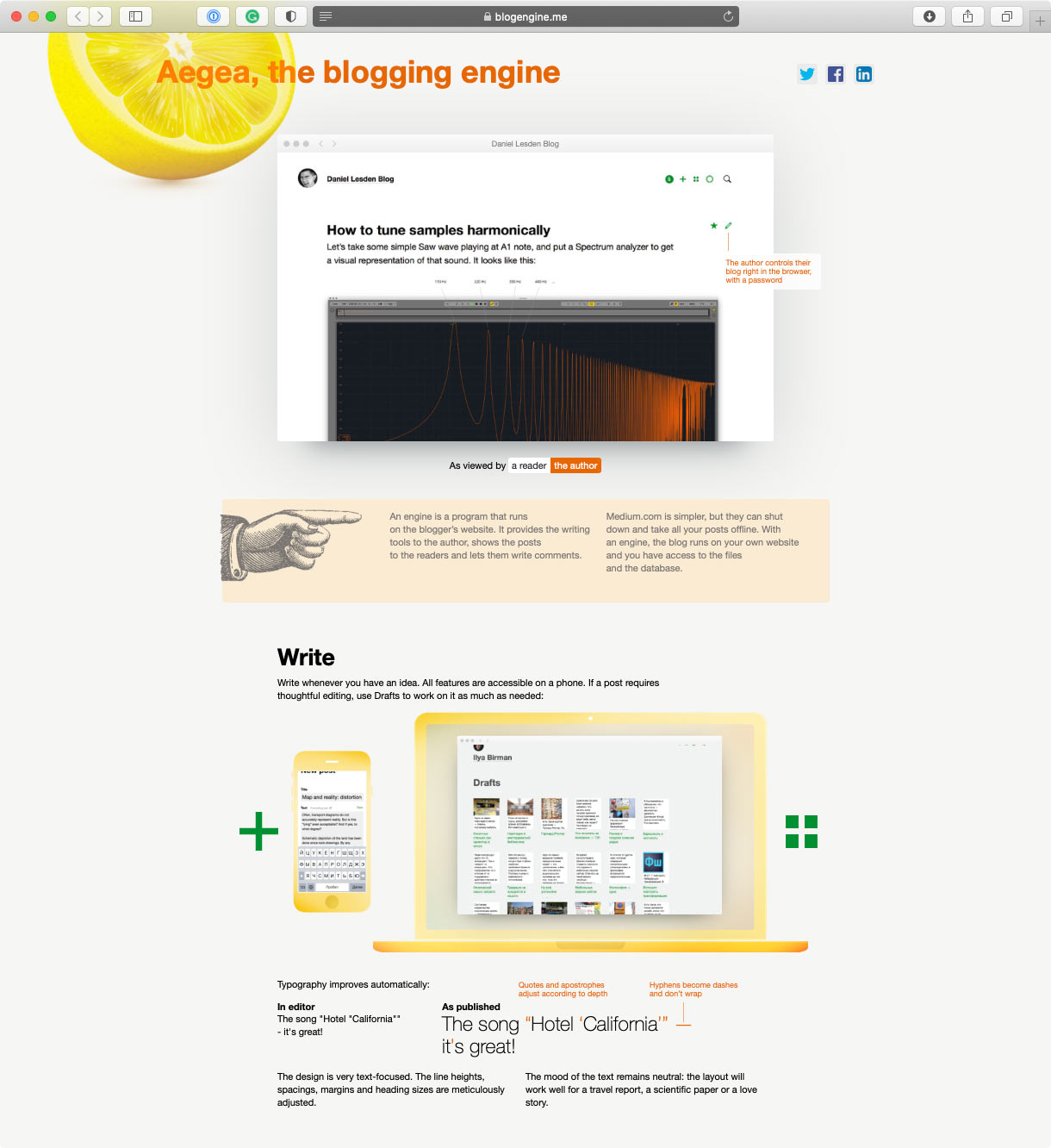Why time-blocking doesn’t work for me
There is a popular technique in the productivity space called time-blocking where you allocate specific blocks of time to accomplish particular tasks throughout your day. It involves scheduling blocks of time on your calendar dedicated to specific activities, which, supposedly, helps in better managing your time, staying focused, and ensuring that important tasks get done.

For me, it’s never quite clicked.
I use my calendar to add events, not tasks. Events are things that happen at a certain date and time, like meetings or appointments; there is nothing to do about them, they are just there to serve as reminders and assist in planning while considering availability.
While I do acknowledge the benefits of grouping tasks, like handling emails in bulk rather than reacting to each new arrival, I find the concept of rigidly scheduled time for tasks unappealing.
Consider this: a designated one-hour slot to address emails, as depicted above. Let’s say I efficiently manage everything in under 30 minutes. What then? Should I rush into the next block or switch gears entirely? Or take a breather? Conversely, some tasks might overrun their allotted time. In such instances, do I shuffle the blocks to compensate? Or compress subsequent blocks? None of that makes any sense to me, and this is why time-blocking as a system so easily falls apart for me.
Some tasks require deep, interrupted, focused work, and when I’m in that mode, I prefer riding that flow rather than being disrupted by arbitrary block transitions. For some tasks that require less concentrated focus, I find it comfortable to tackle them sporadically rather than allocating an entire block, there are moments in busy days when carving out a dedicated block feels unfeasible. And sometimes I feel that I’m leaning toward specific tasks over another, let’s say being in a writing mood rather than doing admin stuff, which ends up being much more productive for me.
So while time-blocking serves many, its rigid structure doesn’t align with everyone’s work style. For some, like myself, a more flexible, task-driven approach better accommodates the flow of work demands. And I think understanding one’s unique needs is one of the key elements for productivity.


